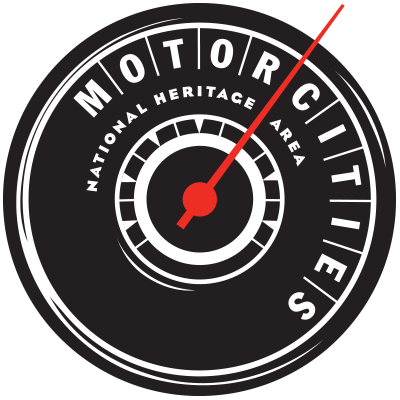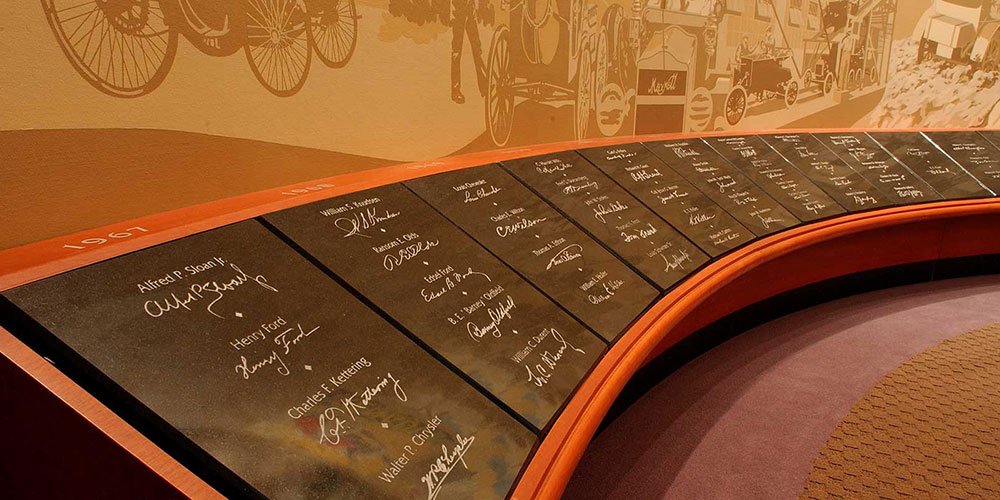By: Robert Tate
Photos courtesy of Robert Tate's collection
Posted: 12.28.2015
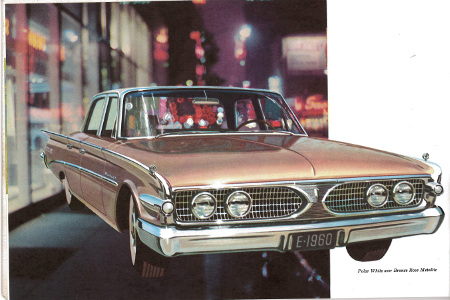
The 1960 Edsel is a car forgotten by auto historians and some would say represents an historical lowlight in Ford’s storied history.
On Nov. 19, 1959, the Ford Motor Company announced it had discontinued production for all Edsel cars. The announcement came unexpectedly in a company statement which at the time following poor sales reports for the 1958-1959 Edsel line.
Ford also introduced the popular Falcon and Mercury Comet models in 1960 for the consumer market. Both models vaulted to the top of the sale figures for Ford that year.
Controversy over the Edsel began before it was introduced to the public in Sept. of 1957. For many auto historians, the Edsel is looked upon as a failure. Consumers did not like the horse collar grille with the boomerang shape tail lamps and two-tone scalloped body side design.
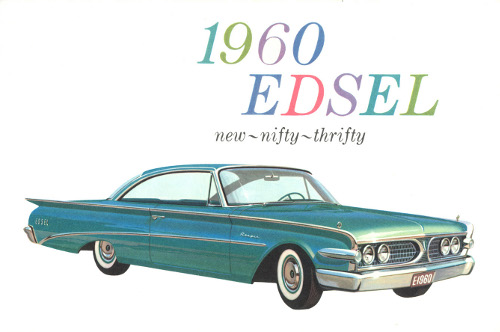
One of the Edsel designers responsible for its production was the late Roy Brown who was with Ford styling. Brown began designing the Edsel back in 1954 and pointed toward a weak consumer market for its low sales. At one time, Brown said he had nothing to do with the car’s failure and blamed the economic downturn.
Brown said in 1958, there simply wasn’t a market for medium-priced cars.
The new Edsel models were unveiled in dealer show rooms on Thursday, October 15, 1959. The new models featured completely new styling. It was Edsel’s third year on the market that offered the lowest, most spacious model in the brand’s history.
Ben D. Mills, who was Ford Motor Company vice president and general manager for the Mercury-Edsel-Lincoln Division said, “We believe the 1960 Edsel will appeal to those who want a distinctive car at a reasonable price.”
Many consumers, however, felt the 1960 Edsel models had strong resemblance to Ford’s new house design which some had begun to criticize. Edsel styling for 1960 was characterized by Ford calling it simplicity and good taste in ornamentation along with great curves to the body lines, which gave the car a feeling of motion and alertness in design.
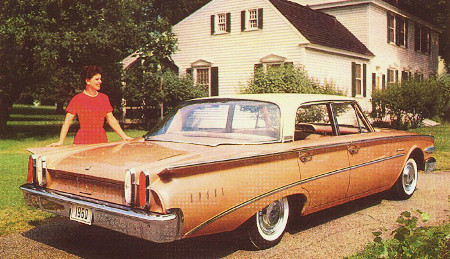
The 1960 Edsel models were designed in two contrasting roof lines. The Edsel Ranger two-door hardtop model used the same body as Ford’s recently introduced Starliner models.
Also, Edsel offered a great looking station wagon model called the Villager, which was offered with a low silhouette appearance that could provide room for six passengers when traveling. The total cost for the consumer model was $ 3,072. However, the most collectible 1960 Edsel model was the convertible which sold for $3,800. Only 76 models were produced for the consumer market making this the most popular of the 1960 Edsels among auto history enthusiasts.
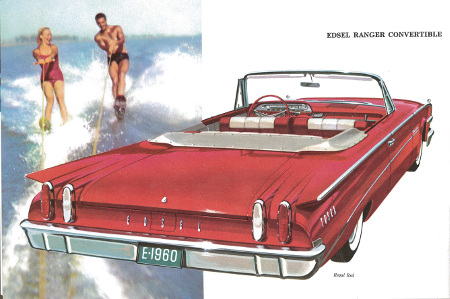
For 1960, the upright central grille was replaced by a horizontal motif which was divided in the center, which almost looked like a 1959 Pontiac automobile by General Motors.
The Edsel's economy vehicle for the year was the Ranger two-door sedan. The Ranger models, offered smooth, sweeping lines that set Edsel apart from the look-alike styling of other cars in its popular, economic price field.
In conclusion, Ford announced that the 1960 Edsel sales had been particularly disappointing while other lines had sold very well. Later, the Edsel name was dropped from the M-E-L division.
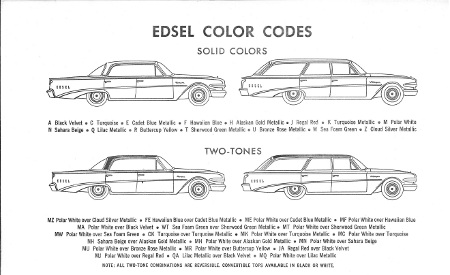
A special thanks to Robert Tate, Automotive Historian and Researcher, for contributing the story to the MotorCities Story of the Week program. Photos courtesy of Robert Tate's personal collection. (Bibliography: Dammann H. George & Wagner K. James, “The Cars of Lincoln- Mercury" 1987; "Ford Drops Edsel Blames Poor sales," Detroit News, November 19, 1959.)
For further information on photos please visit http://www.detroitpubliclibrary.org/ or email This email address is being protected from spambots. You need JavaScript enabled to view it.. Please do not republish the story and/or photographs without permission of MotorCities National Heritage Area.
If you would like to contribute an article for the MotorCities newsletter, email This email address is being protected from spambots. You need JavaScript enabled to view it. or call 313-259-3425.

